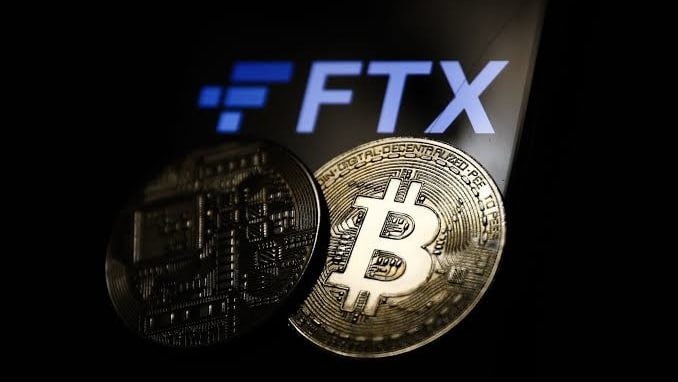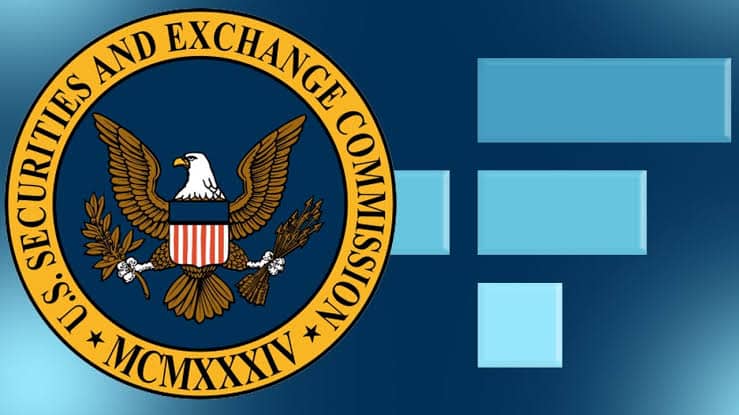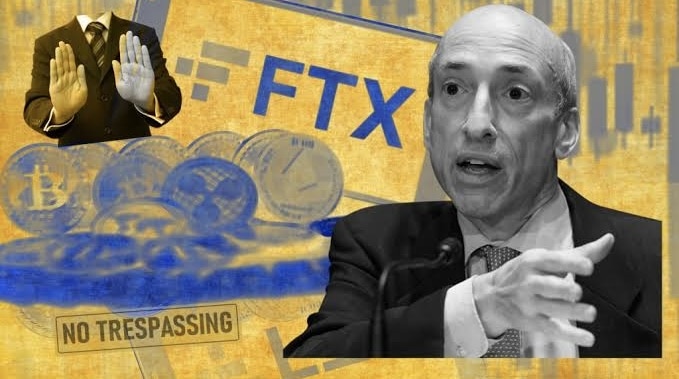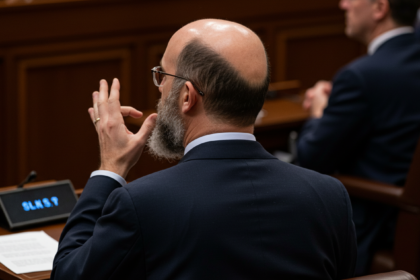The U.S. Securities and Exchange Commission (SEC) is raising concerns about FTX’s proposed repayment plan to its users, particularly the idea of repaying them in stablecoins. This development, highlighted in a recent court filing, is part of the ongoing legal battles surrounding the once-prominent cryptocurrency exchange, which collapsed dramatically in November 2022.
FTX, once the third-largest cryptocurrency exchange globally, filed for bankruptcy in November 2022 after its downfall sent shockwaves through the crypto industry. The collapse was primarily due to the actions of its founder, Sam Bankman-Fried, who was later convicted of multiple crimes, including money laundering, wire fraud, and conspiracy. Bankman-Fried was accused of stealing $8 billion in customer funds, and in November 2023, he was sentenced to 25 years in prison and ordered to surrender $11 billion in assets.

As FTX moves through its bankruptcy proceedings, the company has proposed a restructuring plan that includes repaying its users. According to the plan, FTX pledged to return up to $16.3 billion to its users, promising up to 118% in cash for those owed less than $50,000. However, the SEC has expressed reservations about this repayment plan, particularly the use of stablecoins as a form of repayment.
Stablecoins are a type of cryptocurrency typically pegged to stable assets like the U.S. dollar, offering a way to mitigate the extreme volatility often associated with cryptocurrencies. Despite this, the SEC has been cautious about stablecoins, questioning their legality under current securities laws. The lack of a clear regulatory framework for stablecoins has complicated their acceptance in financial transactions, and the SEC has been vocal about its concerns.
In a court document filed last month, the SEC indicated that it might object to FTX’s right to repay users in stablecoins, asserting its authority to “challenge transactions involving crypto assets.” This statement underscores the SEC’s ongoing efforts to categorize certain cryptocurrencies, including stablecoins, as securities, which would bring them under its regulatory purview.
SEC and its Legal History

The SEC’s concerns are not new. In April 2022, SEC Chair Gary Gensler spoke at a capital markets conference, warning about the potential risks posed by stablecoins. “Stablecoins raise public policy considerations around financial stability and monetary policy,” he said.
Gensler has been consistent in his criticism of stablecoins, having previously likened them to “poker chips at the casino” in a 2021 interview with The Washington Post, where he expressed worries about the harm they could cause to American consumers.
The SEC’s apprehension regarding the use of stablecoins in FTX’s repayment plan appears to stem from these long-standing concerns. The regulator’s reluctance to endorse stablecoin transactions is partly due to the ambiguity surrounding their classification under existing securities laws. Without a consensus on whether stablecoins should be treated as cash, the SEC is cautious about allowing their use in such significant financial settlements.
This legal challenge adds another layer of complexity to FTX’s bankruptcy proceedings. While the company has proposed a plan to repay its users, the SEC’s potential opposition could delay the process or force FTX to reconsider its approach. The regulator’s stance could also set a precedent for how stablecoins are treated in future bankruptcy cases and other financial transactions.
As the situation unfolds, it remains unclear how the court will respond to the SEC’s concerns. If the SEC’s objections are upheld, FTX may need to revise its repayment strategy, possibly abandoning the use of stablecoins altogether. This could have broader implications for the cryptocurrency industry, particularly regarding the use and regulation of stablecoins.

The SEC’s involvement in FTX’s bankruptcy case shows the ongoing tensions between the cryptocurrency industry and regulators. As FTX seeks to navigate its way through bankruptcy and repay its users, the SEC’s concerns about stablecoins could become a significant hurdle.
For more crypto updates and general news on the cryptocurrency industry, stay tuned to TheBITJournal.





























